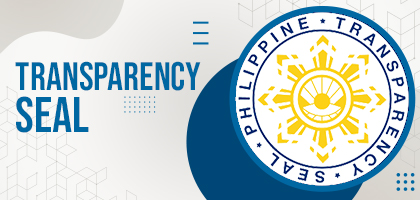Multi-Stakeholdership Guiding Principles
- The essence of multi-stakeholdership in LGRC is ensuring that key players and prime movers in local governance must collectively articulate policies in building a culture that encourage learning and sharing of information and knowledge in promoting excellence in local governance.
- Knowledge Management is one means towards building multi-stakeholdership, but it’s not the sole basis for their buy-in and long-term commitment.
- Multi stakeholder partners are part of the KM system
- Multi-staleholdership means developing common stake onownership of the state of local governance state among various players.
- Represents a paradigm shift in DILG’s role from supervision to that of a catalyst and facilitator in promoting excellence in local governance. should also be noted that the non-threatening environment should start within DILG as the major catalyst in improving local governance performance. There is a need for capacity development towards introducing a paradigm shift within DILG Regional Offices as RLGRC hosts.
Roles of Multi-Stakeholder Advisory Committee (MSAC)
- Provide general direction and guidance to the LGRC programs, plans
- Formulate policies and guidelines in the operationalization of LGRC
- Identify and participate in researches and assessments relevant to LG KM
- Contribute local governance relevant knowledge products to the center (explicit knowledge) and the LGRC online
- Make accessible/available to the LGUs and other secondary users their respective organization’s (internal – that can not be lodged at the center or uploaded in LGRC online) LG knowledge products, website (also through links on LGRC online), experts, etc.
- Initiate steps towards building their respective organizations as KCOs and to influence the shaping of a knowledge sharing culture and the culture of learning within the respective organizations, LGRC and the other stakeholders in the LG sector
- Mobilize resources (fund, material, human) to support KM programs and plans
- Contribute to the development of best practices in local governance and its replication
- To identify and propose areas for convergence so as to integrate and harmonize the various programs of different stakeholders, using knowledge to focus, prioritize, and align various actors according to a common image of regional LG
- Analyze and review results of regularly conducted LG KM audits in order to maintain a realistic picture of the regional LG KM environment and the characteristics of LG knowledge supply and demand in the region
- Continuously verify the value proposition and communicates this to sponsors and partners
- Monitor and Evaluate the impact of LGRC and the attainment of its VMG









